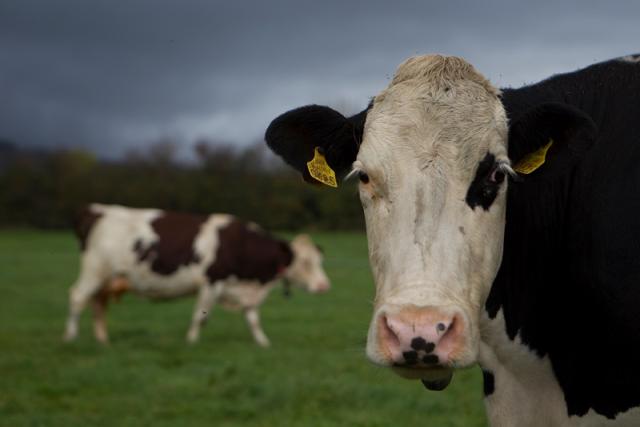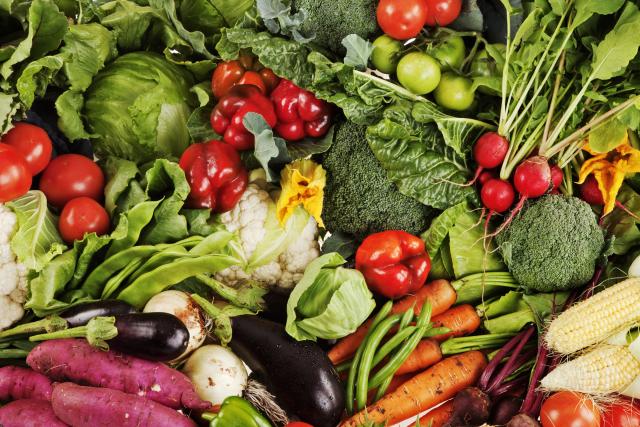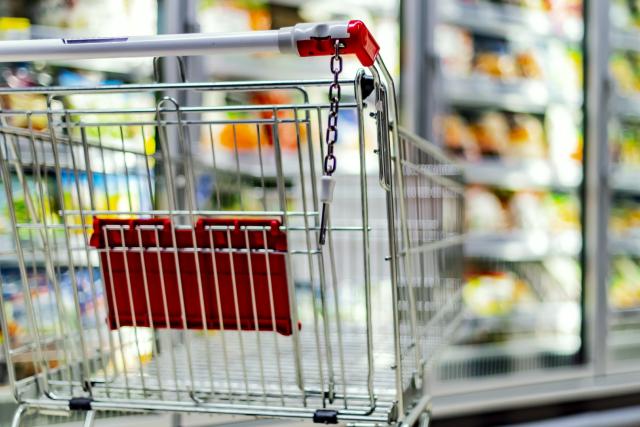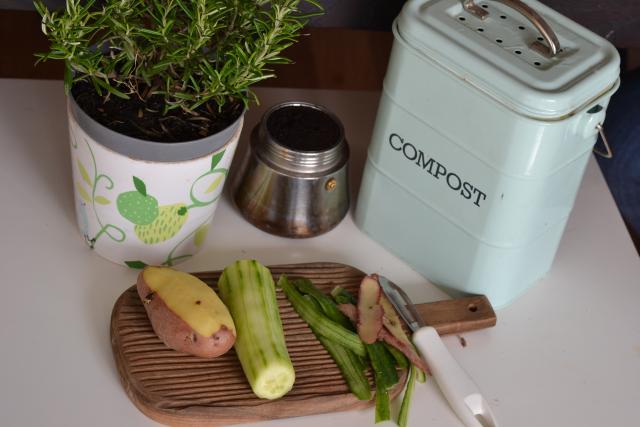
Meat, Dairy & Seafood Swaps
Globally, food production accounts for one-quarter of the world’s greenhouse gas emissions and takes up 40% of the planet’s habitable surface. But you don’t have to go entirely meatless to make a difference.
Make some simple swaps in your meals a couple times a week. If you can, why not challenge yourself to cut out meat for a month? Ease into it and find what works for you. Including more veg in your diet that is full of protein and fibre is a great place to start.
Chicken korma: Swap out some chicken and add chickpeas and butternut squash to cut cost and pack on flavour! A bean curry is also a great budget alternative.
Fish and chips: Help our oceans and marine life from overfishing by swapping cod and haddock for sustainably-sourced pollock or hake. Want to go entirely fishless? See our TikTok on how to make plant-based Tofish and chips.
Chilli con carne: Use a smaller portion of mince and incorporate more kidney beans to give the dish a protein boost. Want to take it further? Make a three-bean chilli!
Stir-fry: Why not swap out some chicken and add more nuts like cashews for extra crunch and richness? You can also switch the chicken for tofu with sesame seeds.
Café latte: By occasionally drinking your coffee black, you can help make a difference by reducing your dairy intake. If you can, give an oat or soy milk latte a try.
Remember – make the changes that are most feasible for you. That is what #Eat4Change is all about. With swaps like these, you can reduce the environmental impact of the food on your plate.
Did you know? You can cut down your food bill by up to a third by adopting a more plant-based lifestyle.

Fruit and Vegetable swaps
We’ve been told of the benefits of eating more fruit and vegetables since we were kids - and it’s true. Not only will your body thank you for eating them, but they’re also great for nature and can save you some money too.
Eat varied: 75% of the global food supply comes from just 12 crops and five animal species – yet there are more than 20,000 known edible plants worldwide. So, if budget allows, consider swapping your usual fruit and veg and pick up something you’ve never tried before. Your body and nature will thank you for it.
Buy frozen: Spinach, peas, and so much more! Cooking from frozen helps cut down on food waste by giving you the flexibility to only use what you need for each meal. Plus, it’s still nutritious, and usually sold in bulk.
Buy tinned: Tinned potatoes, tomatoes and more! By swapping your fresh fruit and veg for their tinned counterparts you can keep food for longer, avoiding the risk of food going off before you use it, and create less food waste. A double win for nature – and your wallet. But don’t forget to recycle those cans!
Did you know? Food waste produces methane, a harmful gas that contributes to climate change and is 25 times more powerful than CO2.

Shopping swaps
Your food buying and planning habits can impact the environment. These are some changes you can make to help nature and cut some costs in the process.
Make a list: Before you go shopping for food, take a look at what you already have in the cupboard, fridge or freezer. Planning out meals with food you already have is an easy way to cut down on food waste and reduce the cost of your shop.
Bulk buy: From instant coffee to rice, a lot of kitchen staples are available in bulk for less. If you want to take it further, try swapping your weekly (or daily) shops for bulk buys once a month. That way, you’ll use less packaging and reduce your carbon footprint too.
Meal plan: If you can make time, cook multiple portions to see you through the week, or freeze for the future. Your ingredients will go further, last longer, and you’ll save money on shop-bought lunches and ready meals.

More swap tips
Re-use and recycle: Instead of sending used glass jars or plastic tupperware to landfill, give them new life by washing them, and using them to store oats, tea or leftovers.
Waste not want not: Ever wondered if you could save your potato peel, stale bread, or broccoli stalks? The truth is when we chuck peels, skins, and stalks, we’re often throwing away perfectly edible food. Try broccoli stem soup or raspberry jam, turn your tomato peels and cores into juice, and use your stale bread for croutons.
Grow your own: Some plants, like herbs, can easily grow on your windowsill and be part of your future meals. If you have your own garden or allotment space, why not gradually swap out store-bought fruit and veg and grow your own, such as beetroot or potatoes?
Get energy efficient: When cooking, put a lid on your pots where possible to speed up the heating process. Make sure you’re using the right sized pot on your hob, and if possible, swap to energy-efficient appliances. These will help with your energy bill, and the climate too.
Do you have a simple swap everyone should know about? Let us know by tagging #Eat4Change and show us how you are bringing change to the table.
Want to learn more about #Eat4Change?
People in the UK, just like you, are worried about the planet. They’re worried about their health, the climate and nature. What we produce to eat makes up about 25% of all our carbon emissions – that's a big piece of pie. How can we as individuals help prevent climate catastrophe? How can we help stop the Amazon rainforest being lost forever? How can we make changes in our daily lives that matter?
